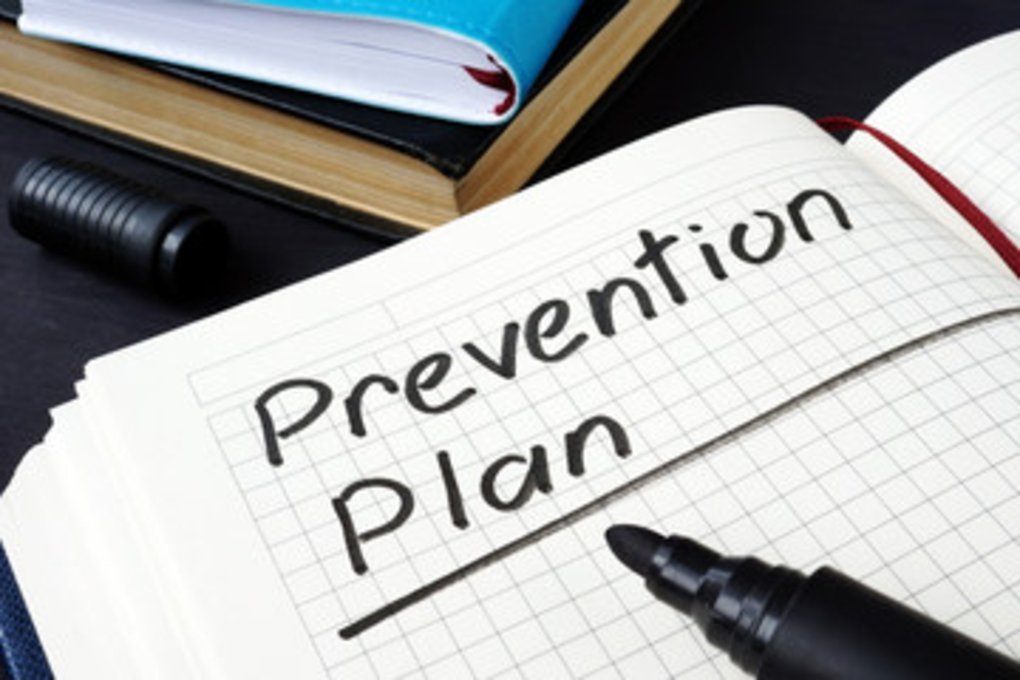
The Act was triggered on 6 September 2021, when Governor Kathy Hochul declared covid-19 an airborne infectious disease.
Under this new law, in response to the covid-19 crisis, the New York State Department of Labour (NYS DOL), in consultation with the NYS Department of Health, has developed a new Airborne Infectious Disease Exposure Prevention Standard, a Model Airborne Infectious Disease Exposure Prevention Plan, and various industry-specific model plans for the prevention of airborne infectious disease (Agriculture, Construction, Vehicle Operations for Delivery Services, Domestic Workers; Emergency Response, Food Service, Manufacturing and Industrial, Personal Services, Private Education, Private Transportation by Automobile and Retail).
Employers can choose to adopt the applicable policy template and plan provided by NYS DOL or establish an alternative plan that meets or exceeds the standard’s minimum requirements.
On 23 September 2021, the New York Department of Labour (DOL) issued updated model plans with more recent indoor mask guidelines.
Employers have to post the written plan in a prominent, visible location at each worksite and provide a verbal review of the plan to all employees.
The Act applies to more than covid-19: when the New York State Commissioner of Health classifies a new disease as a highly contagious, communicable airborne disease, employers, in addition to the above standing requirements, have to:
- Immediately review their worksites’ exposure prevention plan, updating it to fully incorporate any new information, guidance and mandatory requirements issued by federal, state and/or local government agencies related to the specific infectious agent of concern;
- Finalize and promptly activate the updated worksite exposure and prevention plan;
- Provide a verbal review of the updated plan to their employees;
- Provide each employee with a written copy of the updated plan and post it at all worksites in a manner making it accessible to workers during all work shifts.
The Act provides notable exceptions to the employer’s verbal review requirement for its workers who are individuals working for staffing agencies, contractors and subcontractors, or individuals delivering goods or transporting people to and from the worksite.
Moreover, the NY HERO Act requires employers with ten or more employees to establish, no later than 1 November 2021, a Joint Labour-Management Workplace Safety Committee to ensure that workers have an integral role in worksite safety and have an avenue to raise safety and health concerns directly with management.
Employers are prohibited from discriminating or retaliating against any employee for exercising rights granted by the NY HERO Act. Employers cannot take any adverse employment action against any employee for reporting violations of the law or prevention plan; reporting concerns about exposure to airborne infectious diseases. Employees can refuse to work under limited circumstances where the employee reasonably believes in good faith that such work exposes the employee or others to an unreasonable risk of exposure to an airborne infectious disease due to working conditions that are inconsistent with the NY HERO Act.
The NY HERO Act does not cover telework or any worksite that the employer does not have the ability to control.
Employers may be subject to daily penalties between $50.00 and $10,000.00 US dollars for failure to comply with the NY HERO Act requirements.